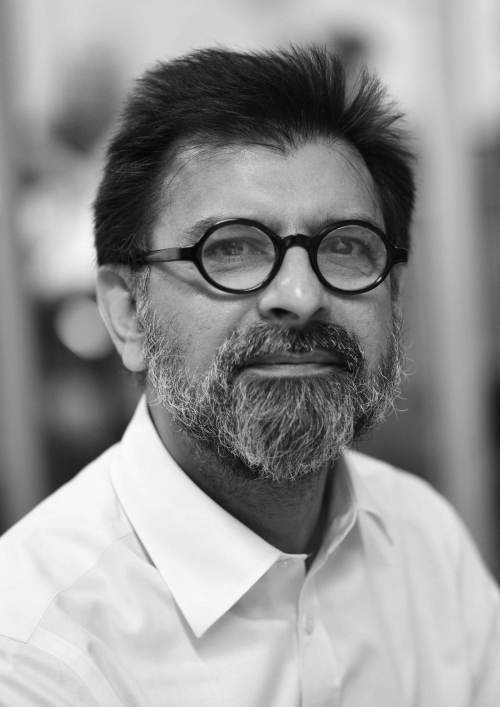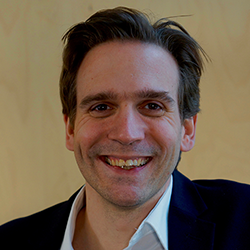So you’ve invented the greatest thing since sliced bread – but does it need a different toaster?
Doing things in a new way can have implications that may not be immediately obvious, so clinical engagement is vital to ensure we have all the information we need as we roll out innovation designed to impact healthcare.
Ideas to improve healthcare innovation can come from anywhere and anyone – clinicians, industry, academia might be the most obvious ones, but they can also come from anyone working in healthcare or receiving healthcare such as patients and their families. The role of Health Innovation East is to help turn these great ideas into positive health impact by putting them into practice.
We do this by helping innovators navigate complex systems, generate value propositions and convene stakeholders to overcome challenges together. Some innovations are ready to be rolled out today; others need to be developed and evaluated to test out their value.
By the very nature of working with small companies (we do work with bigger partners as well….) and new products, there is inherent risk: risk that an innovation might not have buy in from the right clinical people; risk of an innovation not scaling effectively; risk of another solution superseding it. These are all programme risks, and at Health Innovation East we take every appropriate measure to reduce the risk of project failure. But what about the risks that might arise unintentionally with successfully embedding an innovation?
Successfully implementing an innovation inherently involves change. There may be training needs, processes and pathways which need to be refined as a result. It is our duty to identify, minimise and be transparent about any risks associated with an innovation we support.
My role is to support the governance of the programmes and projects Health Innovation East takes on from a clinical perspective. Health Innovation East is not a care provider – ultimately the final decision as to how a patient is cared for rests with the clinician and the patient – but if we are supporting and promoting solutions to help those working in healthcare to do their job, we need to be clear and transparent about the evidence that we present and ensure that the basis for the innovation is robust.
This starts right at the beginning of our selection process and we sometimes establish that less mature innovations may not have the evidence base we need to know it works. Being clear about this helps us support the testing and development of an innovation, and hopefully once we have gathered the evidence base, we can clearly articulate it to the healthcare system so clinicians can make an informed decision with their patients. There is a reason we are a trusted partner to the NHS. Great ideas only make an impact when they are put into practice, and this can only happen when clinical governance is built on evidence and science.
Through proper clinical governance, success doesn’t need to introduce new risks.

I am the Chief Clinical Officer for Health Innovation East, providing clinical oversight for our programmes.
I have been a qualified doctor since 1986 and practiced as a consultant in newborn intensive care until 2012. I was Executive Medical Director at Cambridge University Hospitals NHS Foundation Trust for almost ten years, responsible for professional medical leadership of over 1,400 doctors. I was also executive lead for both IT and research and development for several years and am a strong and passionate advocate for the potential of technology to deliver better care and more effective services. This saw me take the role of Director of Digital at the trust in 2017, helping to develop the infrastructure and services needed for patients and staff, through better use of IT, data and technology. Given the relentless increase in demands and the challenges of workforce, it is critical that the NHS keeps abreast of the latest developments and continually looks for the most clinical and cost-effective ways to deliver care for patients.
You may also like…

Prof Michael Hornberger discusses strengthening academic research through partnerships and public involvement.
Share your idea
Do you have a great idea that could deliver meaningful change in the real world?
Get involved